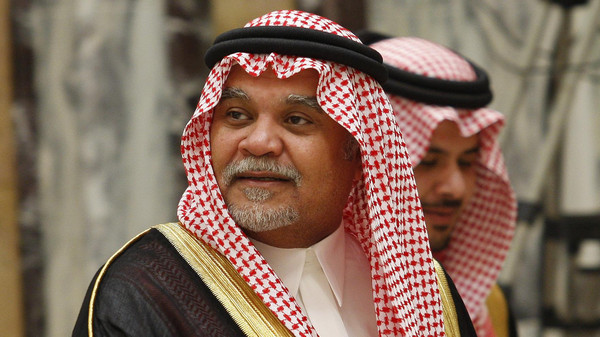Reem Sahwil, a victim of European policy
Diana Moukalled/Al Arabiya/Tuesday, 28 July 2015
Reem Sahwil, the young Palestinian girl who was reduced to tears in front of German Chancellor Angela Merkel told the leader that she doesn’t know what her own future looks like as long as her stay in Europe remains unknown. In a televised session, she told the leader that she would like to go on to college and that it was difficult to watch others make something of their lives while she was not able to due to her status as a refugee. It was a moment of appeal, a moment that history will certainly document.Who cannot sympathize with someone as honest and transparent as Reem, the 14-year-old Palestinian girl, as she narrated her and her family’s suffering in Germany, in fluent German, and spoke of her fears of the possibility of being deporting before she broke down into tears. Reem, who made news headlines in several German dailies and websites, seemed to represent the face of Europe’s oppressed newcomers.
An unenviable position
Within seconds, German Chancellor Angela Merkel, who’s seen as a strong woman and who prior to this incident was accused of humiliating the Greek prime minister in negotiations over his country’s financial crisis, found herself in an unenviable position. However, Reem’s tears put Merkel and her government in an embarrassing position especially as the incident raised serious questions about the humanitarian dilemma of those fleeing to Europe from the Middle East. This is what actually made German political elites rush to act in order to alter laws concerning refugees. The incident took place during a show about living in Germany which Merkel has taken part in before, however the discussion was novel. For 11 minutes during the forum, Reem explained her story beginning from living in Palestinian refugee camps in Lebanon where complications her mother suffered from as she gave birth to her affected her health and made her incapable of walking normally. She continued to narrate the long and complicated process her parents went through in order to attain a visa to go to Germany for treatment five years ago, adding that ever since they’ve lived on hopes that she will heal and that their asylum application will be approved so they can stay in Germany. However, weeks prior to the forum, their application was rejected. Most probably, Reem, who mastered the German language, was excited to attend the forum to narrate her ordeal to Merkel, and this is exactly what happened. However, what Reem did not expect is that her discussion with Merkel would spark such concern and interest among the German and European public.
Failing to comfort
The German chancellor failed at comforting the girl, although she patted her on the shoulder. Merkel’s statement that not all those who seek refuge in Germany can stay and that politics is sometimes hard resulted in a wave of reactions against her. Merkel was criticized after she responded to Reem’s questions in such a manner. It’s true that she was frank and clear but the issue of refugees is not a collective issue but rather the issue of individuals where each individual must narrate his/her own story exactly as Reem did. This discussion began to surface in Germany and Europe as the uproar stirred by Merkel’s confrontation with Reem opened people’s eyes to the fears of thousands of refugees who face the threat of forcible deportation. Reem has succeeded at altering the path of her life following this incident as officials there said she will not be deported and she and her family will stay in Germany. But what would have happened if Reem hadn’t cried and if we hadn’t seen her moving tears? Someone ended up helping Reem who really deserves to achieve what she aspires, but who will help the others? Perhaps the discussion and concern resulting from this incident will pave the way for those who have not had the chance to narrate their suffering on television.
Does Saudi Arabia Have Hawks and Doves?
Tariq Alhomayed/Asharq Al Awsat/Monday, 27 Jul, 2015




















